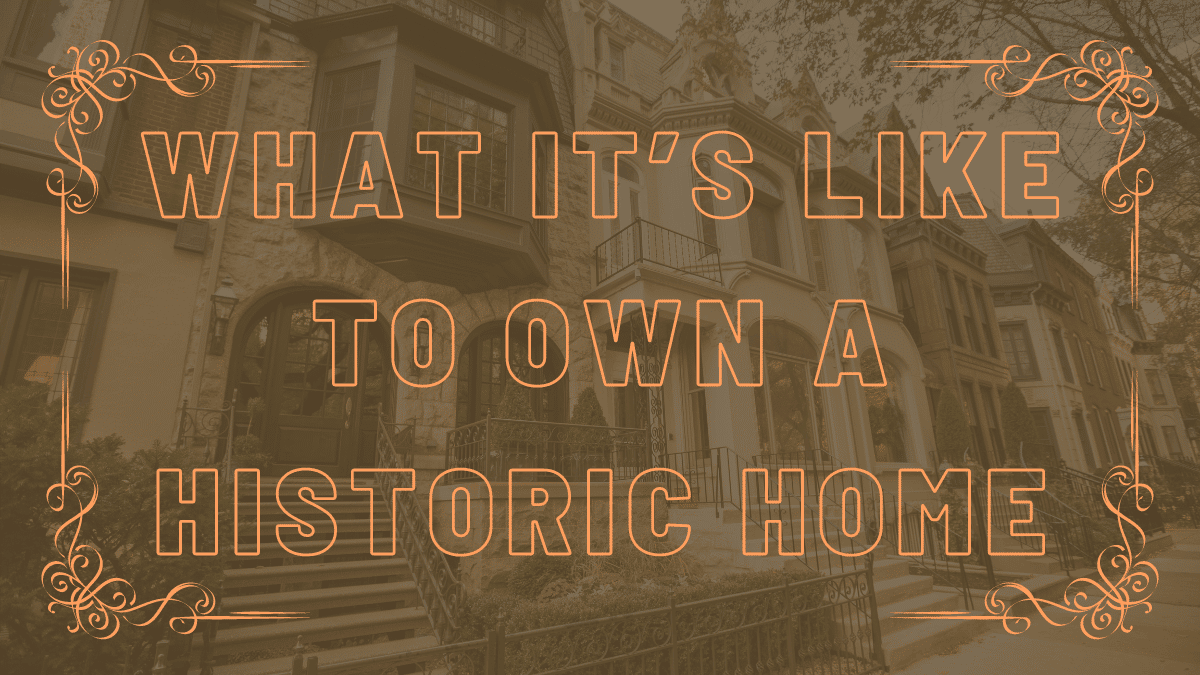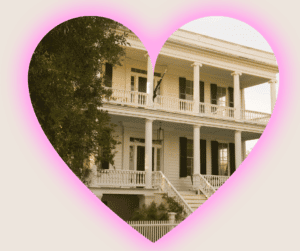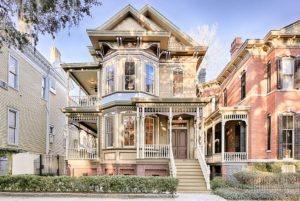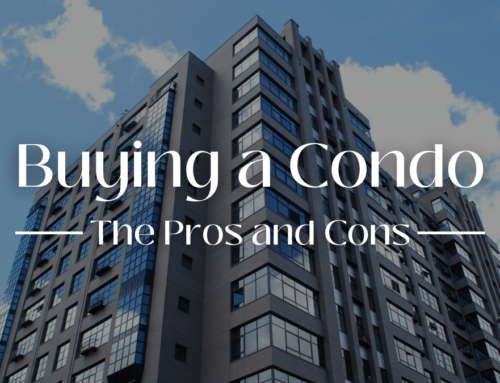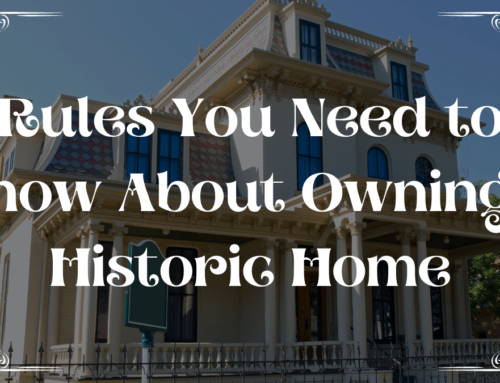Owning a Historic Home
Have you ever dreamed of owning a historic home with endless charm, architectural detail, and walls that speak of times untold?
Owning a historic home allows you to become a part of a much greater story, a piece of history that is unique. Historic homes in Savannah can have incredible craftsmanship, quality materials, unique features, and maybe even some quirkiness. The most endearing feature, however, is the history and the stories that these homes tell.
Historic Designations: What Do They Mean?
What qualifies a home as historic? To be considered “historic,” a property must have three essential attributes: sufficient age, an above average degree of physical integrity, and historical significance. These attributes can be managed by one, or all, of the following:
-
National Historic Landmarks (NHLs)
NHLs are places having the strongest association with a significant event or individual in our nation’s history. They are often an exceptional representation of a particular building type or architecture.
-
State Registers
These registers provide an important planning tool for homeowners. They identify properties for protection against potentially harmful government acts and for special funding and other incentives.
-
Local Registers
Some communities have put greater protections in place by enacting a preservation ordinance. These ordinances create a process by which properties may be designated as individual landmarks or as contributing structures within a historic district.
Falling in Love with a Historic Home 
People love and revere old homes for their art and craftsmanship—and for the way they make us feel. These special places, these works of architecture, are works of art. Like painting, music, or literature, historic homes are a critical part of our artistic and cultural heritage.
The phrase “cultural heritage” is often used in the preservation world. It is an abstract phrase, but it is helpful in capturing a cluster of concepts. When we refer to architecture, such as historic homes, as cultural heritage, it means we are not valuing these places as culture for culture’s sake only, but because these living symbols give meaning and inspiration to our everyday lives.
Historic homes contribute to our memories, our civilization, our history, and our understanding of ourselves. It also highlights the fact that preservation is really about the present. It’s about valuing things that matter now, not just things of the past.
But What is it Really Like Owning a Historic Home?
However, owning a historic home is not always as romantic as it sounds. You can trust me on this. With character and age come many expected, as well as unexpected, updates and repairs. Plus, when renovation, you must deal with the many rules of owning a historic home.
While you may be dreaming of decorating and furnishing that lovely old home, your money may be going to unexciting things like new sewer pipes, roofs, and electrical panels.
So, while the notion of buying a historic home and bringing it back to life is commendable, it is important to go into the experience with your eyes open.
Condition, location, budget, and financing are foremost when considering the purchase of a historic property. In addition, it is important to consider your lifestyle and skill set. Have you ever heard the saying “labor of love”?
Well, owning a historic home requires just that: skill, dedication, and constant upkeep. So, if you would rather spend your weekends and vacations relaxing, purchasing a home with fewer years and minimal upkeep may be the better choice for you.
When purchasing a historic home, the adage, “Hope for the best but plan for the worst” certainly applies. There will be surprises and owning a historic home comes with factors you should consider beforehand. Factors such as the following:
-
Expensive Renovations and Upkeep
Generally, older houses are more expensive to maintain, repair, and renovate than newer ones. Renovation and upkeep can be a constant battle, especially since these homes are typically at least 50 years old or older. You can expect the structure, fixtures, and systems such as plumbing and wiring, to need repair or an overhaul.
-
Time-Consuming Renovation and Repair
Most home repairs or renovations tend to take longer than repairs to a conventional home. Restoration and repair may be painstaking to finish correctly and require special orders of goods and materials. A historic home may need more maintenance and repair to keep up as they tend to sag and warp over time. Floors can slant and lose their ability to be level and walls are probably not going to be square.
-
Sudden Surprises
Historic homes have had a long life and as a result, the features of your home may have gotten damaged or covered over with a new style. You can never be sure of what you will find once renovations begin. You may be dreaming of beautiful hardwood floors underneath old linoleum or carpet. What you may find, however, can include asbestos, lead paint, other harmful contaminants, or buried oil tanks, cesspools, or wells.
-
Finding the Right Help
In a historic home, some jobs may require contractors and inspectors with expertise in your home’s historical period. And while there are contractors and inspectors who specialize in historic periods and materials, they can be hard to find or have a long waiting list. Often, because of their level of expertise, they can be expensive.
-
Higher Maintenance Costs
All homes have ongoing costs such as insurance, inspection, and property taxes, but these expenses can be higher in a historic home. Insurance companies may charge more because repairs generally cost more. Historic home insurance for fire or mold may be mandated where it might not be for contemporary houses in the area. Inspections for historic homes can be more stringent than they would be in non-historic homes and property taxes can be higher.
The Voice of Experience of Historic Home Ownership
Having owned a historic home in a National Historic District, I can tell you that my husband and I fell in love with our house because of its quirky charm and connection to history.
While the ceilings were low, the rooms small, the windows drafty, and nothing was square (a factor that makes renovation a huge challenge), and the renovation took years, it was a delightful stone cottage with a story steeped in history that we loved for a long time. We both agree that given the opportunity, we would do it again!
And we, as well as friends who live in historic homes, all agree that the rewards of owning a unique home far outweigh the additional steps required to preserve the home. Along with owning a one-of-a-kind property, there is a sense of community among other historic homeowners.
And as was true in our neighborhood, historic districts are often located in areas that are culturally rich. They also typically include homeowners who are passionate about preserving the history of the area. These residents are generally more active within the community.
Before Buying a Historic Home
Before buying a historic home, be sure to weigh the pros and cons. Consider the potential renovation and upkeep costs and balance them with your budget. And be generous with your estimates of what the project may cost. If, after all that, the advantages outweigh the disadvantages, then you are one step closer to buying a historic home and preserving a piece of history!



